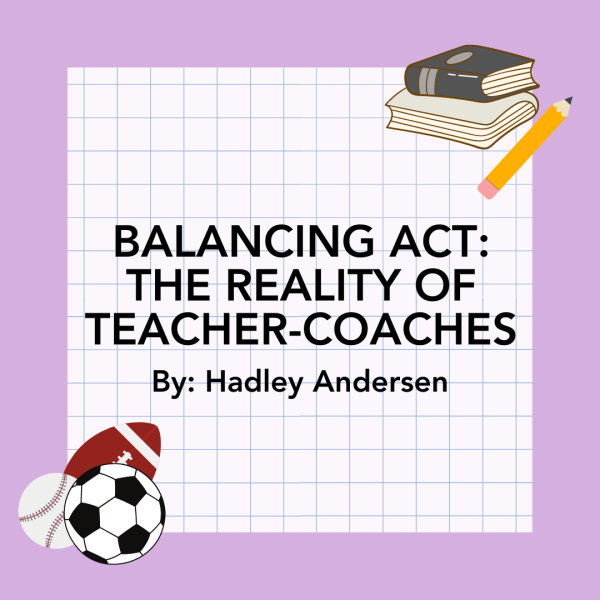Liberty’s Mental Health
In a society where most people cite school and academics as a main cause of stress, the Live Wire explores other reasons for student stress.

It has long been established that the pressure of school work and its deadlines can create unhealthy amounts of stress in students, possibly leading to worse mental health conditions and breakdowns. This stress mixed with the fact that 1 in 5 students have a mental illness of some kind, according to The National Alliance on Mental Illness, creates endless problems in individual students’ lives in every school’s population. In a mental health survey conducted by the Live Wire Staff, it shows another problem. The stress of school is starting to harm other parts of students’ lives.
The Live Wire’s survey found that this school year is off to a good start for mental health with 37.5% of students reporting that their mental health is above average so far. However, 100% of the survey takers admit the school’s pressures of getting better and staying on the top is hurting them. Students report that school work and social relationships balance each other out, but when there is too much pressure on one or the other, both academics and relationships suffer.
When asked what the most destructive thing to mental health was two survey takers put it perfectly.
Freshman Libby Allen explained, “Being a freshman, I’m really not used to the change and there has been an overload of work from a lot of my classes that I don’t understand, including the fact that there isn’t as much time to work on that work. ”
Another student, who prefers to remain anonymous, stated that their biggest stress in life is, “academic pressure and trying to fit the social standards set by society.”
When academic pressure becomes too much, it can harm relationships through possible neglect and outbursts. This hurts students’ biggest stress reliever, as it was reported in the Live Wire survey that friendships are the most helpful thing to keeping students happy.
Students know teachers try to keep in mind the work that students have to do in class and out of it. Yet, with every student having different amounts of pressure they can take, and different amounts of support and coping skills, reports show that 20% of high schoolers have seriously considered suicide in Iowa (hhs.gov).
In the survey, 1 in 13 students admitted to being hospitalized due to their mental health within just the last year. The survey of students point to school and keeping up relationships as the problem. Students can be nervous to go and look for help.
While counselors and others are very eager to help, any in-person resources can feel tucked away from sight in the school. To find out more, the staff talked to Liberty’s full-time Student and Family Advocate, Shanell Young, one of the resources available at school here.
“My primary role is to manage and help take care of the mental health of our students,” said Young.
Absolutely, we always can [teach mental health better], especially in a society where teenagers and students alike don’t always know how to handle or understand what they are going through. — Shanell Young, Student and Family Advocate
Young explained that she works on the social aspects of students and meeting emotional and physical needs like needing food or a place to stay overnight. Young believes that in order for a student to succeed, their physical, mental, and social needs must be met. Young goes through strategies with students in immediate need of help or people who just need someone to talk to. Using mindfulness and asking questions to help any student get to where they can talk and explain what they need.
Some people suggest teaching coping skills in schools. Currently, at Liberty, there is no focus on teaching students these skills. The only mandatory teaching of coping skills is in a required health class where the unit is brief and unclear. Young herself believes Liberty’s required health class is very basic in the handling of mental health. One way to combat the stress of maintaining grades and social life is to teach coping skills and strategies to help students.
“Absolutely, we always can [teach mental health better], especially in a society where teenagers and students alike don’t always know how to handle or understand what they are going through,” Young explained.
If you or someone you know are in need of help or even just someone to talk to, school counselors are not the only people you can talk too. You can text the Iowa crisis line at 1-855-325-4296 to talk to a trained professional. Crisis lines are not specifically for people considering suicide. Anyone in a tough spot who needs to talk can contact the line.

A first year writer on the Liberty Live Wire team, he spends most of his time writing and performing as a spoken word poet.








